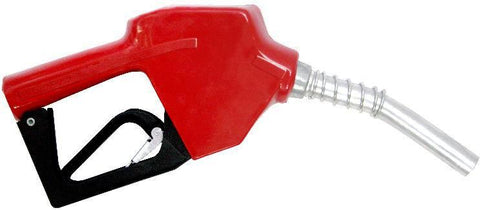The biggest direct contributors to our carbon footprints are generally transportation and household electricity use. Each gallon of gasoline burned by a car or truck releases 24 pounds of CO2 into the atmosphere. Conserving fuel may not be as hard as you think. And it will save you a lot of money over the long run, while reducing greenhouse gas emissions and improving air quality in your area. In fact, you can improve fuel-efficiency by as much as 30% just by maintaining your vehicle and driving responsibly.
Here are some pointers for greening your transportation.
- Drive Less: The most obvious tip for consuming less fuel is to park your car. Use public transport, take up cycling (add baskets or panniers for carrying items), and walk for nearby errands. Carpooling can greatly reduce fuel consumption (and in many areas, reduce your commute time by allowing you to take advantage of carpool lanes). Try to combine errands into one trip to lower emissions even further. In addition to reducing drive distance, combining trips generally means you’re using your car when the engine is warmed up and running more efficiently.
- Start Smart: Shut off all power accessories before turning off your engine to reduce the load on your engine when starting your car.
- Drive Smart: Chill out and don’t drive aggressively - speeding, rapid acceleration and frequent braking waste gas. You can increase fuel efficiency by 15% by slowing down, so stick to the speed limit. Speaking of chilling out, Consumer Reports' found that using the air conditioner reduces fuel efficiency by up to 10%. Try to avoid using the air conditioner at speeds below 40 mph, but at higher speeds, the increased wind-drag from open windows makes using the AC more fuel efficient. When idling, follow the “30 second rule” – if you’ll be stopped for half a minute or longer, you’ll save gas by turning off your car.
- Take Care of your Car: Keep your tires inflated to the recommended pressure - check them once per month. Under-inflated tires increase road resistance, compromising fuel-efficiency by as much as two weeks worth of fuel per year. Under-inflation also increases tread wear, reducing the lifespan of your tires. Keep your car running efficiently with periodic tune ups including air filter and oil changes.
- Lose the Junk in the Trunk: Every additional 100 lbs in your car can reduce gas mileage by 2%. This can serve as one more inspiration to get us back on a diet!
- Use a Fuel Efficient Vehicle: If you have more than one car, use the most fuel-efficient vehicle for your needs. Use the one that gets the worst mileage only when you can fill it with passengers or cargo. If you’re in the market for a new car, make sure that fuel efficiency is high on your priority list. The US Department of Energy has a great website for comparing fuel economy for most car models made in the last 25 years.
Greening your transportation clearly aligns your environmental and economic interests!

